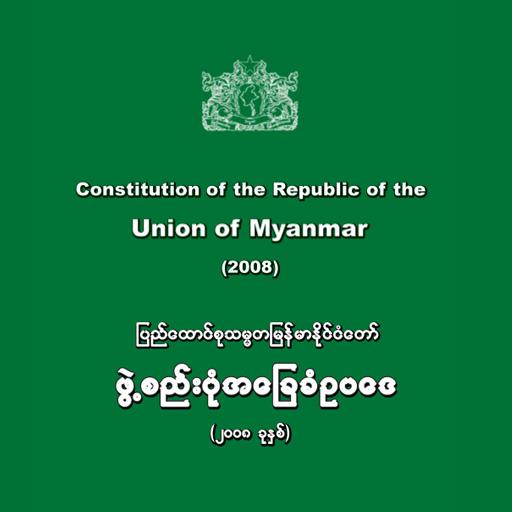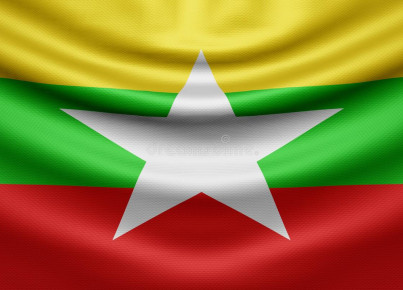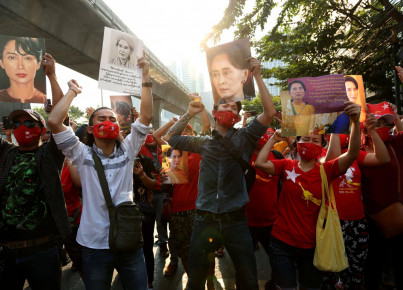The Union, Solidarity and Development Party (USDP) and Tamtadaw militaries block Suu Kyi's reforms
On 10 March, Myanmar's parliament began voting on the constitutional revision law, strongly supported by the National League for Democracy, party of the State Counsellor Aung San Suu Kyi.
The parliamentary opposition of the Tamtadaw militaries and the USDP is tough but effective. The Burmese Constitutional Charter entered into force in 2008 and guarantees the military a quarter of the seats in parliament. It also guarantees them a majority in several state committees, one above all the National Defence and Security Council. The Charter itself provides for a three-quarters majority for the constitutional revision process, a majority which, de factowithout the military's vote is impossible to achieve.
Thus, the parliamentary opposition of the Tamtadaw militaries and the USDP was effective In the first days of voting, in fact, the two main proposals of the reform were rejected: the one concerning the reduction, gradually and over 15 years, of the seats assigned to the Armed Forces and the one finalized to amend Article 59 of the Constitution, which denies citizens with relatives of foreign nationality the possibility of competing for the Presidency of the Country. It is precisely the latter provision that represents the most important obstacle for Counsellor Suu Kyi, widow of the British Oxford University scholar, Michael Aris, and mother of two children with British citizenship. The two proposals reached respectively 404 and 393 "yes", therefore not enough to reach the 75% of votes in favour required by the Constitution.
Another fundamental aim of the constitutional reform is reducing the majority necessary for the revision of the Constitutional Charter from three quarters to two thirds.
The boycott by the military and the USDP had already begun a few months ago, when the members of the two sides had left the Amendment Committee, a body which was supposed to study and prepare the new institutional structure of Myanmar. Their aim is surely to arrive at the next elections with the current constitutional structure, limiting the power of the National League for Democracy.
The United States and the European Union have been waiting for years for a turning point in the country which, despite the great expectations placed in Aung San Suu Kyi, are struggling to arrive. Myanmar is 'under observation' on issues such as money laundering and human rights violations against ethnic minorities, one of which is that of the Rohingya, a Muslim majority group persecuted and, for this reason, forced to take refuge in Bangladesh. China and Japan are not of the same opinion and, in a continuous "regional dispute", do not miss any opportunity to strengthen relations with the country.
This attempt to reform the institutions, with the aim of definitively reducing the power of the army, seems to have foundered. For the moment, everything is postponed to the next national elections scheduled for Autumn 2020.
Article edited by Alessio Piazza






